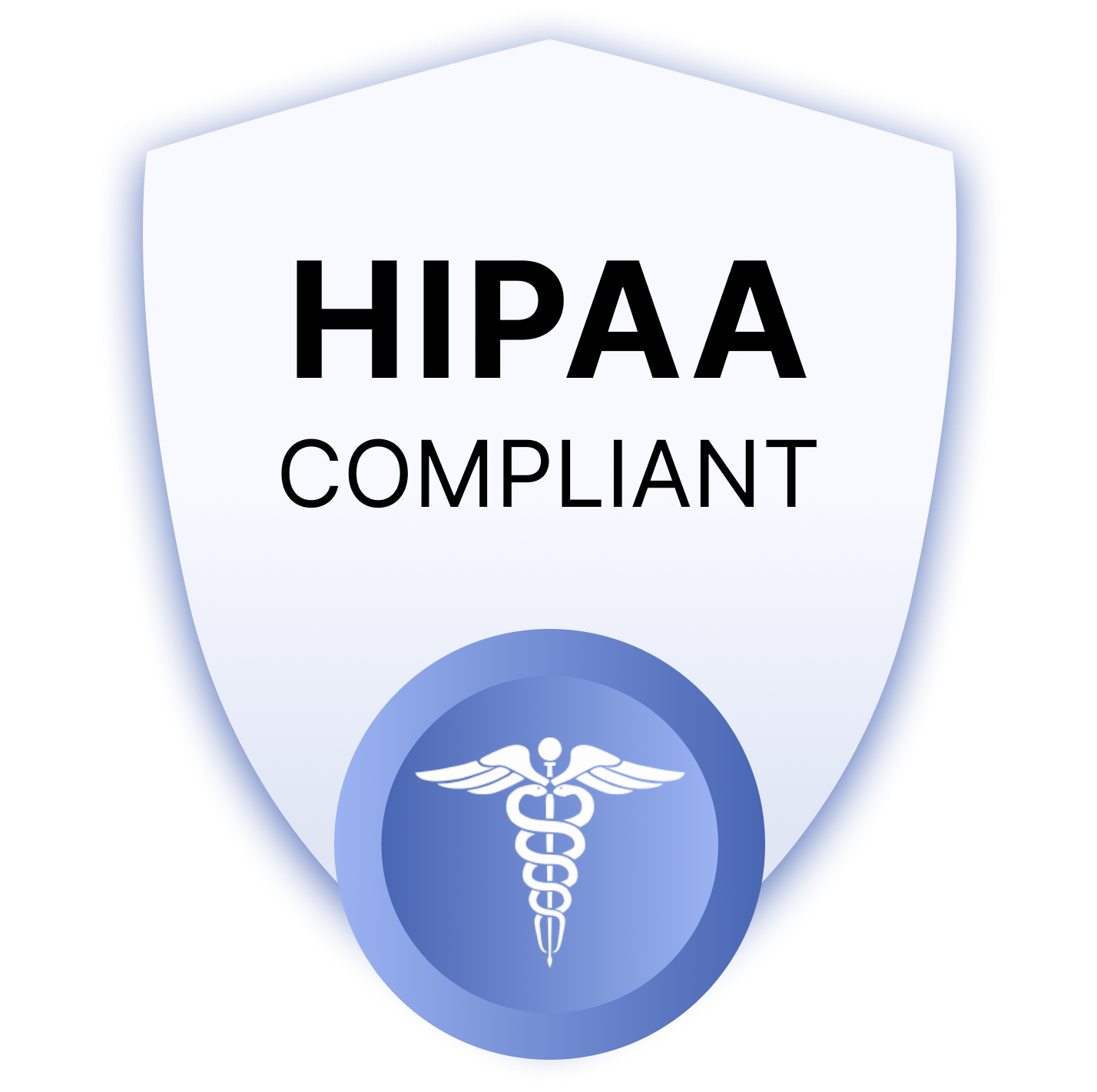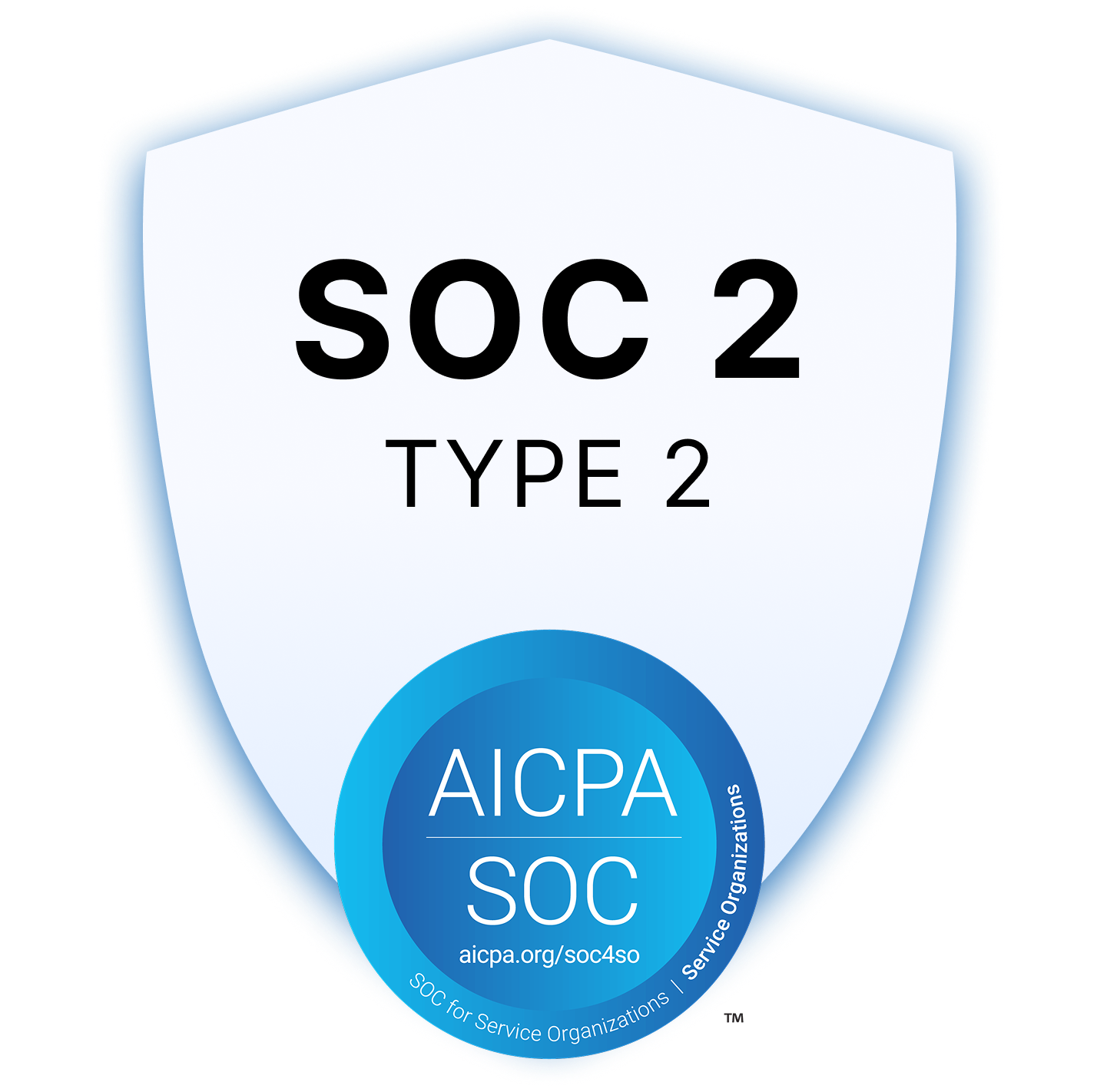
AI in Healthcare
6 min
Privacy Concerns With AI in Healthcare
Summary
Your Competitors Are Embracing AI – Are You Falling Behind?
The integration of artificial intelligence into healthcare systems has significantly transformed the industry, offering new opportunities for innovation and efficiency.
Nevertheless, privacy concerns with AI in healthcare remain a significant issue, impacting both patients and providers alike.
Ensuring robust data protection while utilizing AI technologies is crucial to safeguarding personal information and maintaining trust in healthcare services.
This article explores the complexities of privacy risks in healthcare AI, examining ethical considerations, potential biases, and future regulatory measures.
TL;DR
- AI systems require access to comprehensive health records. This access could lead to misuse of sensitive information, especially if data is not adequately protected.
- Patients and healthcare providers must be cautious about who owns and controls the healthcare data handled by AI. This ownership ambiguity can affect the patient's rights and data usage.
- AI systems can be vulnerable to cyberattacks. Hackers may exploit weak security measures, risking substantial data breaches that expose patient information.
- AI can unintentionally perpetuate biases found in training data, leading to flawed decisions in healthcare. Ensuring data quality and integrity is critical to prevent harm.
The Importance of Addressing Data Privacy Concerns With AI in Healthcare
Incorporating AI into healthcare offers significant potential to enhance patient care and operational efficiency, but it also brings critical data privacy concerns. Since healthcare data is highly sensitive, protecting it from unauthorized access and breaches is essential to maintaining patient trust.
AI systems typically rely on large datasets for training, raising questions about how this information is collected, stored, and used. Transparent data practices and effective governance policies are necessary to ensure that patient information is handled responsibly and ethically.
To address these privacy risks, healthcare organizations must implement strong safeguards such as encryption, anonymization, and regular audits. Establishing ethical guidelines and complying with regulatory frameworks like HIPAA are vital steps toward secure AI integration.
Collaboration among healthcare providers, tech developers, and policymakers helps reinforce a privacy-first approach. Equally important is engaging patients in conversations about how their data is used, which builds trust and supports the responsible adoption of AI technologies in healthcare.
AI in Healthcare Ethical and Privacy Challenges: 5 Main Issues
AI in healthcare, despite its numerous benefits, presents a set of ethical and privacy challenges. Here, we examine five key issues related to AI that have the potential to compromise ethics and privacy in the healthcare sector.
1. Data Privacy Concerns
AI technologies rely heavily on vast amounts of sensitive patient data. Protecting this data from unauthorized access is critical.
Access, use, and control of patient information must be carefully managed to prevent misuse and breaches.
2. Informed Consent
Patients must be informed about how their data will be used in AI applications. Privacy concerns are heightened when individuals are unaware of their role in big data health research.
Clear communication and obtaining consent are essential to maintain trust.
3. Bias and Discrimination
AI systems can perpetuate existing biases found in their training data. This can lead to biased outcomes and discrimination in healthcare decisions.
Addressing these issues is crucial to ensure fairness and equity.
4. Accuracy and Reliability
The accuracy of AI-driven decisions must be scrutinized. Inaccurate data can lead to incorrect diagnoses or treatment plans.
Ensuring the accuracy and reliability of AI systems is vital for maintaining patient safety and trust in healthcare technology.
5. Trust and Transparency
Building trust in AI technologies requires transparency in their functioning and decision-making processes. Patients and healthcare providers need to understand how AI reaches its conclusions.
Transparent AI systems help in fostering confidence among stakeholders involved in healthcare delivery.
7 Strategies for Mitigating AI Privacy and Security Risks in Healthcare
Despite the privacy and security concerns associated with AI in healthcare, several strategies can be implemented to mitigate these risks. Here we examine seven of these strategies.
1. Implement Strong Data Governance Practices
Healthcare organizations should establish robust data governance frameworks. This includes defining clear policies for data access and usage, ensuring data integrity, and maintaining compliance with regulations such as the Health Insurance Portability and Accountability Act (HIPAA).
Regular audits can help ensure adherence to these policies.
2. Use Advanced Encryption Techniques
Encrypting sensitive patient data both at rest and during transmission is essential.
Advanced encryption protocols can safeguard data from unauthorized access and ensure its confidentiality, which is crucial for maintaining trust in healthcare systems.
3. Develop a Comprehensive Risk Management Strategy
Adopting a governance, risk, and compliance (GRC)-driven approach helps identify potential vulnerabilities.
This structured strategy enables healthcare providers to assess and mitigate risks effectively, enhancing the overall security posture of AI systems.
Part of this approach often includes referencing a centralized vulnerability database to track known security weaknesses in software, APIs, and AI components, helping teams address issues before they are exploited.
4. Ensure Secure Data Sharing
Establish stringent guidelines for the sharing of Protected Health Information (PHI).
This involves setting up secure data exchange protocols and ensuring only authorized personnel have access to sensitive information, minimizing the risk of data breaches.
5. Conduct Regular Privacy and Security Audits
Healthcare institutions should conduct regular audits to monitor their security and privacy practices.
These audits assess the effectiveness of current safeguards and help identify areas for improvement, thereby ensuring the ongoing protection of patient data.
6. Invest in AI Literacy Programs
Increasing AI literacy among healthcare professionals enables them to better understand potential privacy risks associated with AI.
These educational programs equip them with the knowledge to implement security best practices and make informed decisions regarding AI applications.
7. Implement Continuous AI System Monitoring
Ongoing monitoring of AI systems is crucial for detecting and addressing privacy and security issues promptly.
Integrating an AI gateway can act as a centralized control point, managing access, monitoring data flows, and enforcing security policies across all AI applications.
Proactive surveillance enables healthcare organizations to respond swiftly to emerging threats and maintain the integrity of their AI-driven platforms.
Discover the Potential of AI in Healthcare With Keragon
Unlock the power of automation in healthcare—without compromising on privacy.
At Keragon, we specialize in HIPAA-compliant automations that streamline operations, reduce administrative burden, and enhance patient outcomes, all while upholding the highest standards of data security and compliance.
Automate smarter. Protect patient trust. Lead with confidence.
Final Thoughts
As artificial intelligence continues to reshape healthcare, addressing privacy and ethical challenges is no longer optional—it’s essential.
The success of AI-driven innovations depends not only on technical performance but also on building trust through transparency, data protection, and patient-centered design.
By implementing strong governance practices, enhancing system security, and promoting AI literacy among healthcare professionals, organizations can harness the full potential of automation while safeguarding patient rights.
In this evolving landscape, a responsible, privacy-first approach to AI is key to creating safer, smarter, and more equitable healthcare systems for the future.
FAQs
Can AI-powered healthcare applications be trusted?
AI-powered healthcare applications offer significant benefits, but trust hinges on the accuracy, reliability, and transparency of algorithms.
Ensuring adherence to privacy principles and data security standards enhances trust.
Developers must address bias and error risks in AI systems.
Healthcare institutions are encouraged to regularly test AI systems and provide clear communication to users about how data is used and protected.
Transparency in AI functioning and decisions reinforces trust among users and stakeholders.
Do AI applications comply with current regulations?
AI applications in healthcare must comply with regulations like HIPAA in the U.S. and GDPR in Europe to protect patient data. These laws enforce stringent data privacy standards.
Developers are responsible for ensuring that AI systems comply with these regulations. Compliance involves meticulous documentation, robust data protection measures, and ongoing audits.
It’s essential for AI providers to stay updated on regulatory changes and ensure their solutions meet legal requirements.
Is the use of AI in healthcare ethical?
The ethical use of AI in healthcare centers on the principles of informed consent, privacy, and bias prevention.
AI must respect patient autonomy and confidentiality, making ethical algorithms crucial.
Stakeholders must work diligently to minimize algorithmic bias that can lead to unfair treatment.
Regular ethical audits and clear communication about AI’s role in patient care strengthen ethical standards, promoting fairness and respect for human rights.
Is the use of AI in healthcare sustainable?
Sustainability of AI in healthcare is evaluated on environmental, economic, and social dimensions.
Reducing the carbon footprint of data centers and AI computations is critical to environmental sustainability. Economically, AI should reduce healthcare costs and improve efficiency. Socially, AI technologies should promote equitable access to healthcare.
Continuous innovation and responsible resource management contribute to the sustainable integration of AI in healthcare systems.
What are the legal issues with AI in healthcare?
Legal issues surrounding AI in healthcare include data privacy, liability, and intellectual property concerns.
Data breaches present significant risks, necessitating strong security measures. Liability for AI-driven medical errors can be complex, often involving multiple parties.
Intellectual property rights may be challenged by the unique nature of AI technologies.
Legal frameworks must evolve to address these challenges effectively, ensuring the safe and responsible utilization of AI in healthcare.
Unlock 300+ integrations with no hidden fees, bespoke rewards, and dedicated support













